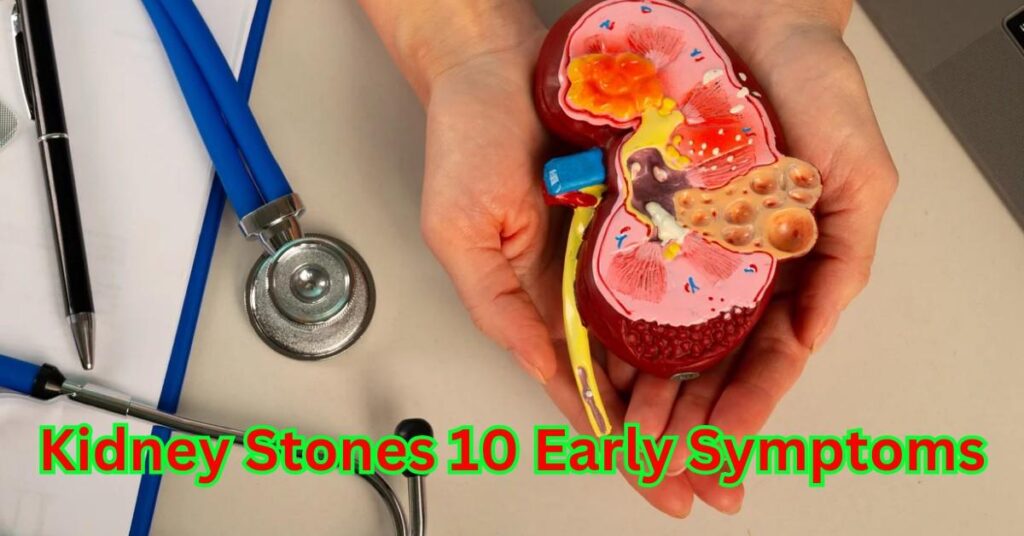Egg Recall: Essential Info on Salmonella & Food Safety
Recently, eggs supplied by Milo’s Poultry Farms have been linked to a salmonella outbreak affecting 65 people across 9 states. While eggs are a nutritious food, they can sometimes contain harmful bacteria like salmonella, which can cause serious health issues. Today, we’ll talk about how to safely eat eggs and reduce the risk of salmonella infection.
What Is Salmonella and How Can It Affect Your Health?
Salmonella is a type of bacteria that can be found in raw eggs, poultry, meat, and other contaminated food. If you get infected, you may experience diarrhea, stomach cramps, fever, and in severe cases, it can lead to hospitalization. Young children, the elderly, and people with weakened immune systems are more at risk of severe illness.
Characteristics of Salmonella
- Bacterial Classification: Salmonella is a Gram-negative bacterium belonging to the Enterobacteriaceae family.
- Ubiquitous Presence: Commonly found in soil, water, and the intestines of animals, especially poultry and livestock.
- Different Species: The main species are Salmonella enterica and Salmonella bongori, with various serotypes causing different diseases.
- Survival Ability: Salmonella can survive in various environments and is resistant to heat, moisture, and some chemicals.
- Reproductive Capacity: It can thrive in both anaerobic and aerobic conditions, growing rapidly at 37 degrees Celsius.
- Disease Causing: When it enters the body, it attaches to the intestinal wall, causing inflammation, diarrhea, and abdominal pain.
- Immune System Resistance: Salmonella can weaken the immune response, increasing the risk of infection.
- Antibiotic Resistance: Some strains of Salmonella are resistant to antibiotics, complicating treatment.
- Antigenic Properties: Salmonella has antigenic characteristics that can trigger immune responses and aid in vaccine development.
How to Stay Safe When Eating Eggs
- Cook Eggs Properly: Cooking eggs thoroughly kills any harmful bacteria, including salmonella. Avoid eating raw or undercooked eggs.
- Choose Pasteurized Eggs: If you prefer to eat eggs raw or lightly cooked, look for pasteurized eggs. These eggs have been treated to remove bacteria, making them safer to eat.
- Check Expiration Dates: Make sure to check the expiration date when buying eggs. The FDA has recalled eggs from Milo’s Poultry Farms, M&E Family Farms, and Tony’s Fresh Market. If you have these eggs, do not eat them.
Symptoms of Salmonella Infection
If you’ve eaten contaminated eggs, you might experience:
- Diarrhea (lasting more than three days)
- Stomach pain and vomiting
- Fever (over 102°F)
- Bloody diarrhea
What Should You Do If You Feel Sick?
- If you experience any of the symptoms mentioned above, contact your doctor immediately.
- Drink plenty of water to stay hydrated, and avoid spicy or oily foods.
- Children and elderly people should be treated quickly, as they are more vulnerable to serious illness.
Health Benefits of Eggs: How to Safely Enjoy Them

Eggs are a great source of protein, vitamin D, vitamin B12, and omega-3 fatty acids. They are an essential part of a healthy diet when cooked properly. Following basic food safety practices will allow you to enjoy eggs without worrying about getting sick.
History of Salmonella
- Discovery: Salmonella was first discovered in 1885 by Theobald Smith, a bacteriologist working under Daniel Elmer Salmon at the United States Department of Agriculture’s veterinary division. The bacterium was identified while researching hog cholera, a disease affecting pigs.
- Naming: The name “Salmonella” was given in honor of Daniel Elmer Salmon, although it was Smith who actually isolated the bacterium. This name reflects the bacterium’s association with veterinary medicine.
- Classification: Over the years, numerous serotypes of Salmonella have been identified, leading to a complex classification system. The two main species are Salmonella enterica and Salmonella bongori. S. enterica has over 2,500 serotypes, each associated with different hosts and diseases.
- Public Health Impact: In the 20th century, Salmonella became a major public health concern as foodborne illnesses began to be linked to contaminated food, particularly poultry. Salmonella infections have led to significant illness and hospitalizations in the human population.
- Research and Development: Ongoing research on Salmonella continues worldwide, playing a crucial role in food safety and public health policy. Various governments and health organizations take steps to prevent Salmonella infections and protect consumers.
Conclusion: Your Health Is Your Right
Everyone has the right to safe food and to protect their health. Eggs are an important food source, but it’s crucial to ensure they’re safe to eat. Always follow food safety guidelines, dispose of questionable eggs, and prioritize your health and well-being.












